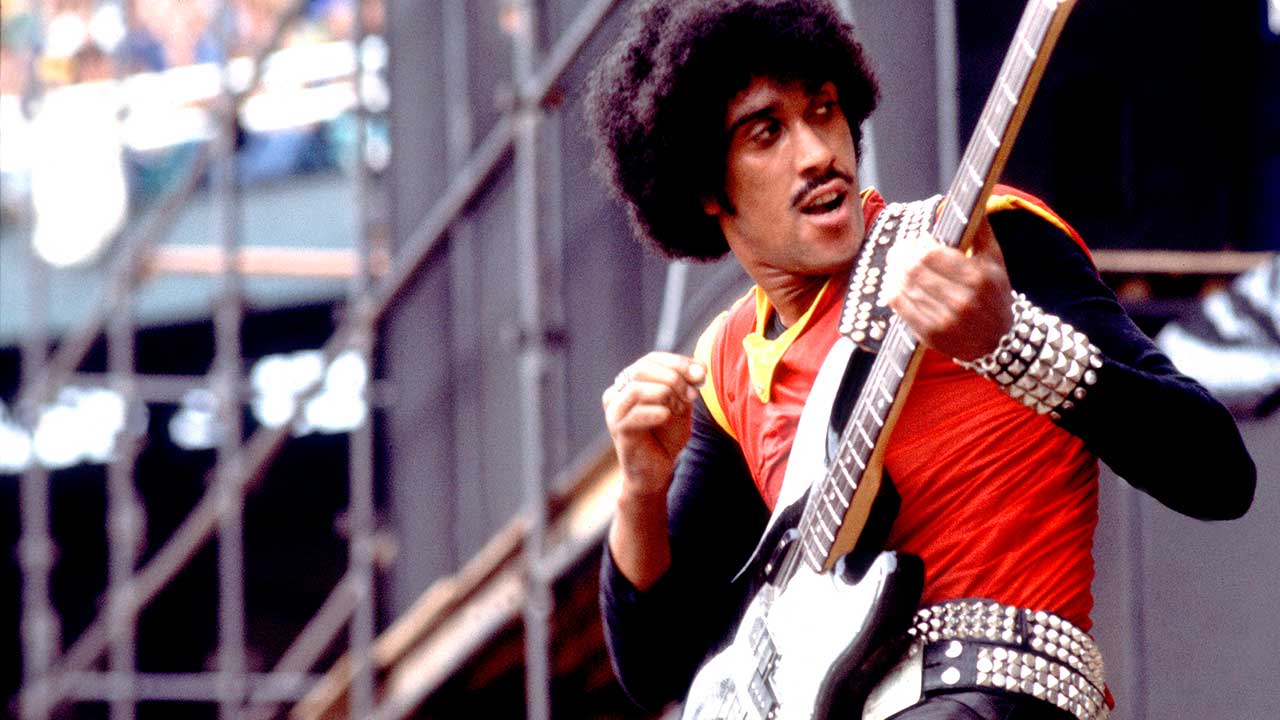Thin Lizzy’s 1979 record Black Rose was their greatest achievement, but the Irish rockers’ ninth album came at a heavy price. The band, now including returning guitarist Gary Moore, decamped to Paris to make it and they weren’t going to let one of the world’s most intoxicating cities pass them by. Led by Lynott and his partner-in-crime Scott Gorham, two men who could sniff out a party if it was happening in the next city, it was the most hedonistic era for a band whose hedonistic era ran the entire length of their career.
“The party started in earnest in Paris,” Gorham told Classic Rock’s Harry Doherty. “Phil was in love with the place – the women, the wine, the drugs, the clubs. And we were there for about a month, so we knew all the club owners, all the bouncers, the chicks, the hookers. We knew all the dealers too…”
Gorham is lucky in that he’s able to look back. Lynott wasn’t so fortunate, dying in 1986 due to complications arising from his drug use, and it was in Paris that the situation took a dark turn, the pair introducing heroin to the cocktail of substances they were taking.
Gorham remembers where it began, Lynott calling him down to his hotel room one evening to show him what he’d procured. “I knew exactly what it was,” he told Classic Rock. “We sat there and we got totally fucking thrashed. From that point on, the heroin dealer was knocking on the door too. That was the beginning of the downfall for Thin Lizzy. When the brown powder marched in, we were done for.”
Things hadn’t got so bad (yet) as to stymy the band’s creativity, though, and they emerged from Paris with a record regarded as their finest work, the blend of chugging hard-rock and sweet pop melodies making for a potent mix. It was a peak they couldn’t sustain, a moment in time where everything fell into place for Lynott’s crew. The road ahead would be troubled for the band’s mercurial leader.

